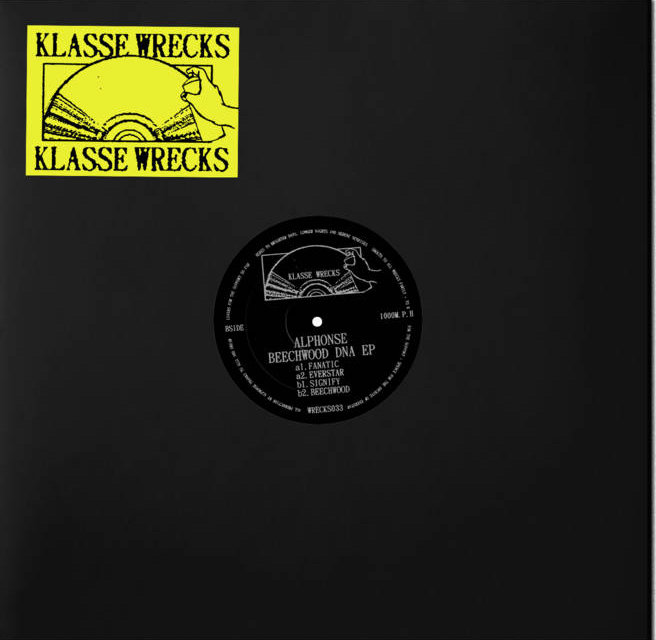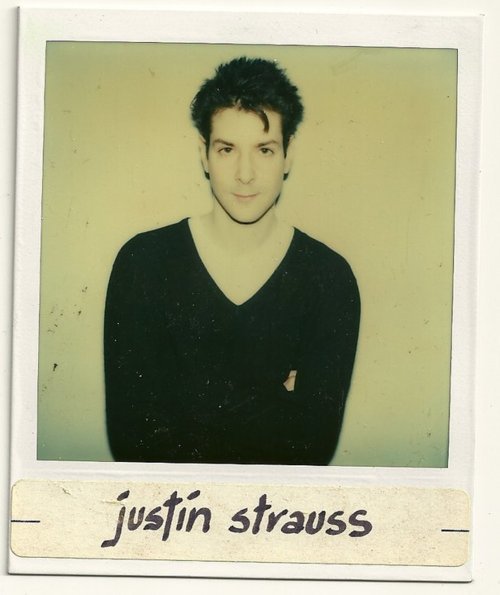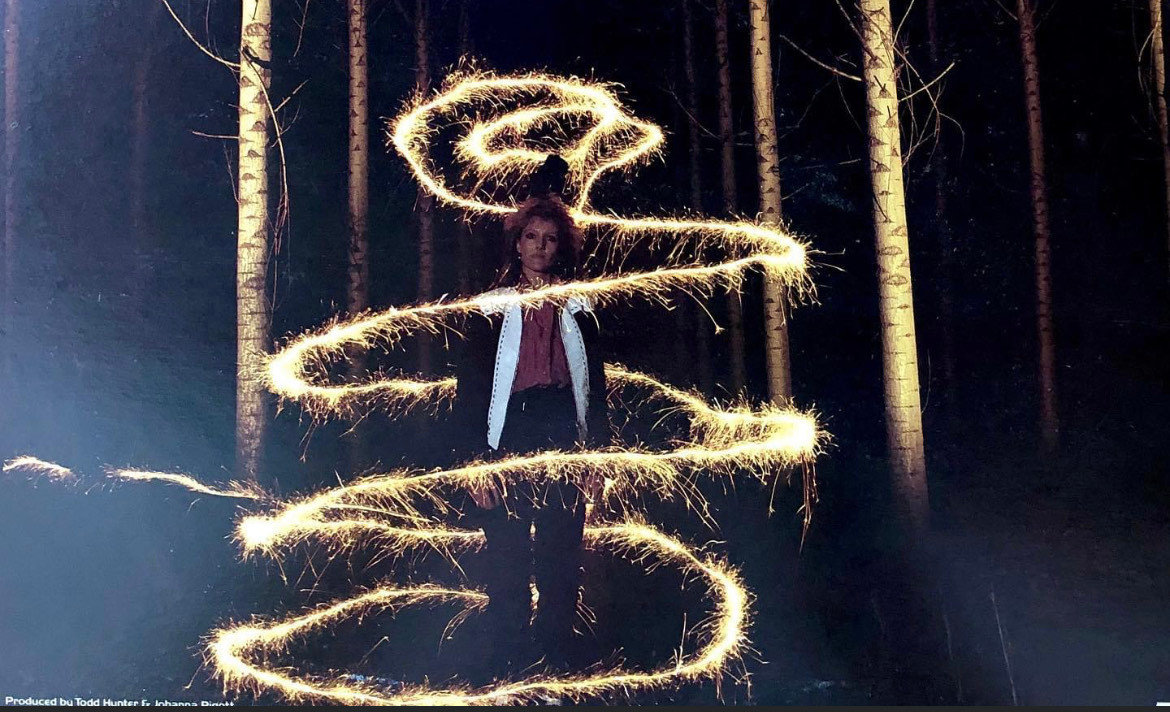
Photo: Scribble
In 1983, the Australian musician, singer-songwriter, and screenwriter Johanna Pigott was living in Sydney with her then-partner, Todd Hunter. After spending the late seventies and very early eighties singing and playing bass in the indie-punk band XL Capris and the post-punk group Sardine V, Johanna was ready for something more internal. Todd, a New Zealand musician and record producer - best known for his membership in the art-rock band Dragon - met Johanna through producing recordings for XL Capris. Home studios interested both of them, so they invested in equipment and started exploring the experimental possibilities of electronic songwriting.
I had the luxury of having the technology to dive into a kind of interior songwriting. You could literally sing them on your bed in the foetal position (I didn’t btw).
“I had the luxury of having the technology to dive into a kind of interior songwriting,” Johanna reflects. “You could literally sing them on your bed in the foetal position (I didn’t btw)." This inward-looking practice became the basis of Scribble, the post-punk/synth-pop band she led until the late eighties. “I was disillusioned with touring and the chaos of band life, so this isolated time was wonderful,” she continues. “It was amazing just being able to write whatever I wanted. Everything went straight to tape, a backing track would be created, and I had the freedom to create melodies and lyrics, try them out and remake them.”
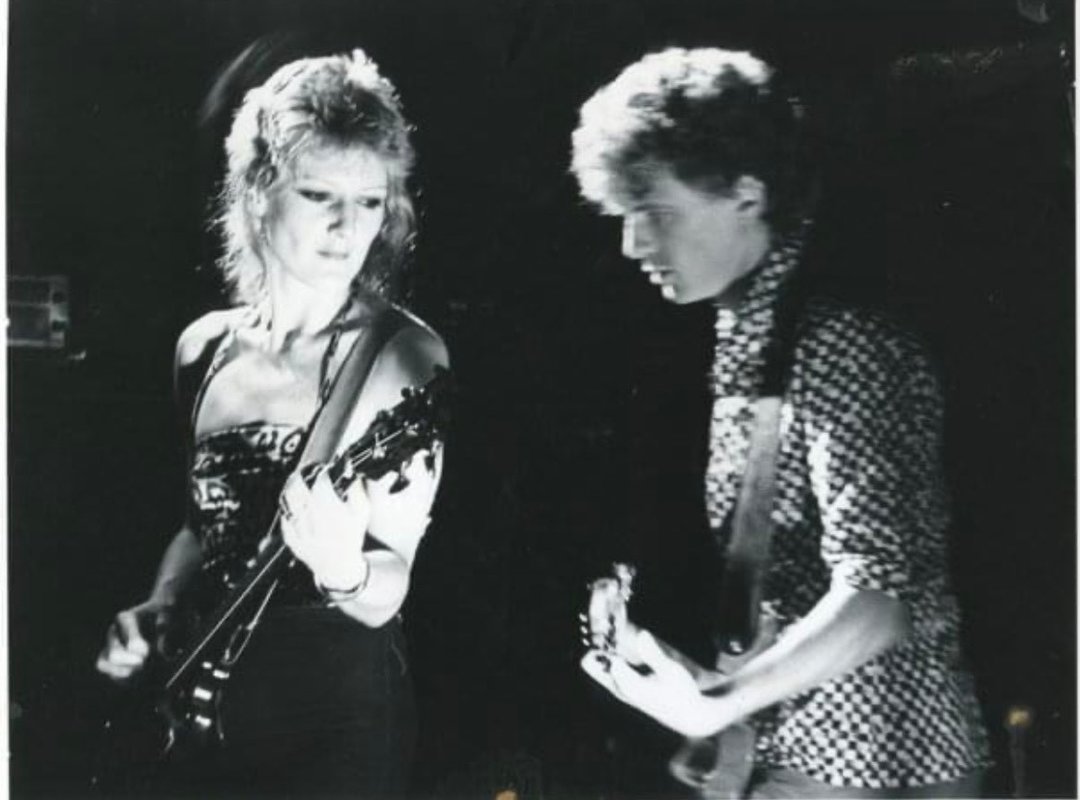
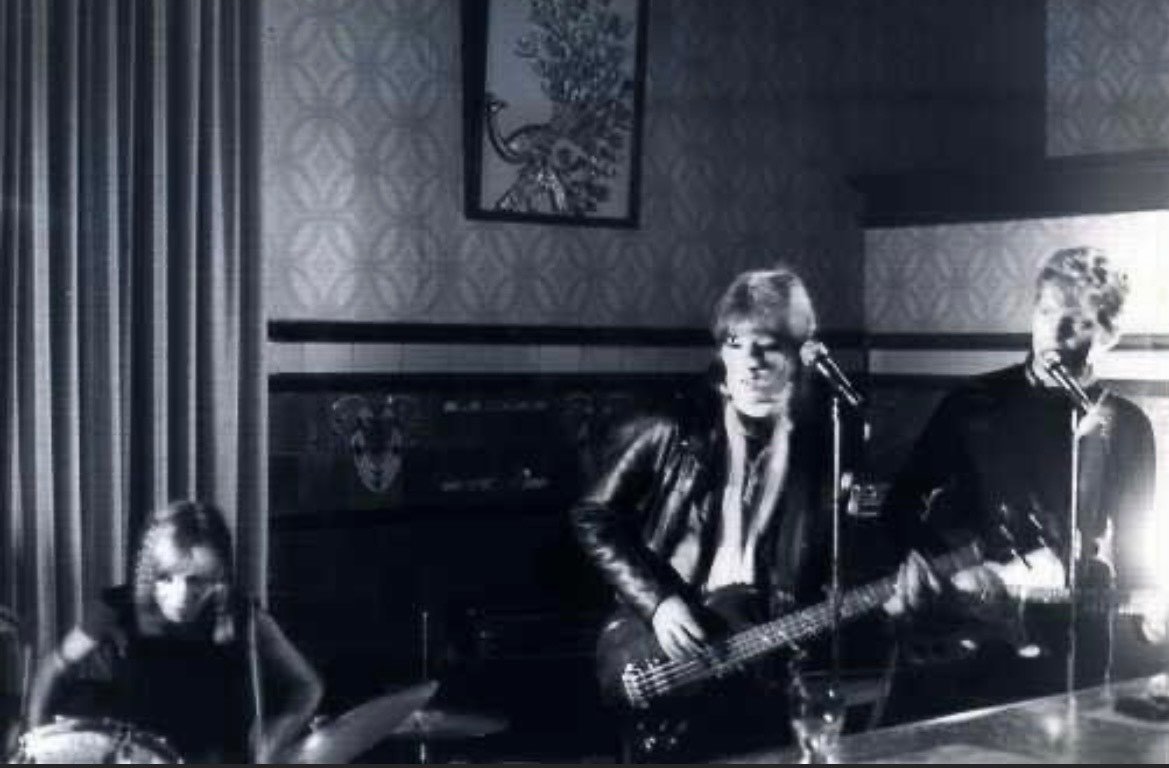
Photo: XL Capris
At the start of April, the New Zealand-based record label Strangelove released Selected Works 1983-1986, a six-song compilation that celebrates the isolationist works Johanna created as Scribble in the mid-eighties. Built around her longing dream-pop cover of ‘Mother of Pearl’ by the English rock band Roxy Music, Selected Works 1983-1986 finds Johanna exploring a range of subconscious themes she describes as including, “Colonialism in a white linen suit, coercive control and innocence." Expressed in a deeply inward style, they're jaw-dropping works from a songwriter who has left her indelible mark on the D.I.Y underground and the polished pop mainstream of Australian music.
Johanna came into the counterculture music scene in the mid-seventies after studying architecture at the University of Sydney. Her peers inhabited the film and theatre world, and XL Capris was the antidote to their cultural frustrations. “Popular music opened its doors to cerebral weirdos like us… and Patti Smith was like a siren call,” she remembers. She didn’t see herself as much of a guitarist, so bass and the loud and brash three-chord attitude suited her down to the ground. Johanna and her bandmates saw themselves as a piss-take of punk and the Australian pub rock scene. They had a wicked sense of humour, and it was an exciting time for the musicians, artists and filmmakers of her generation. “We did it all for nothing and loved it,” she reflects.
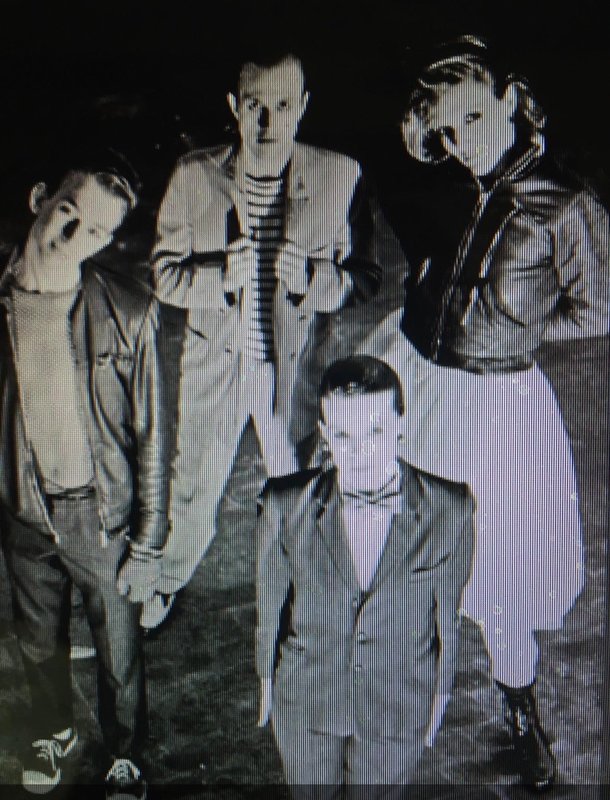
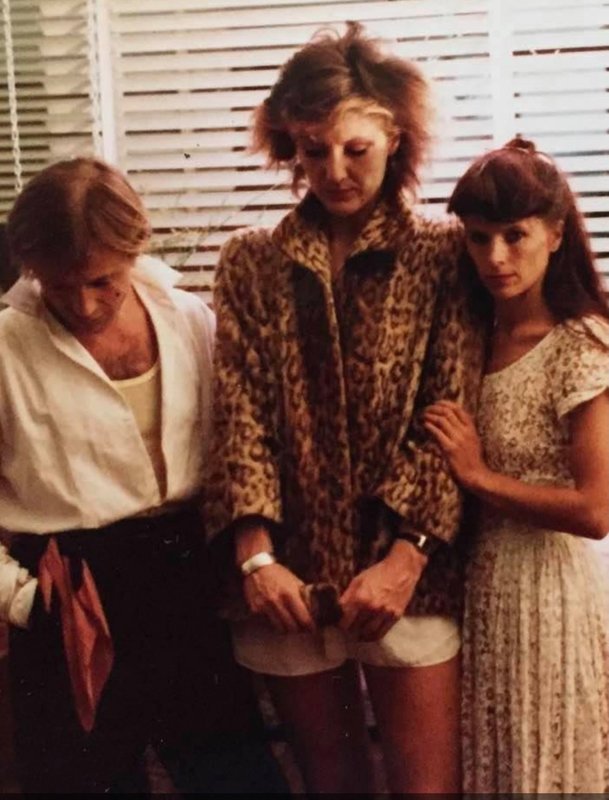
Photos: Sardine V
Between 1978 and 1982, XL Capris played over two hundred and fifty gigs, cycled through four lineups, and recorded two albums, Where Is Hank? and Weeds. “The initial iteration was such a blast and like a meteorite was not destined to be long-lived,” Johanna explains. When XL Capris came to a close, the post-punk unit Sardine V asked her if she’d like to play with them. “I loved the people and the band and had a blast, but I was just out of one band breakup so wasn’t ready to submerge into another,” Johanna writes. “It was fun and chaotic and profoundly artistically pure, but short-lived.”
I loved the people and the band and had a blast, but I was just out of one band breakup so wasn’t ready to submerge into another. It was fun and chaotic and profoundly artistically pure, but short-lived.
As XL Capris and Sardine V were winding down for Johanna, Todd's 70s art-rock band Dragon reformed for a national Australian tour and recommenced writing and recording. Johanna assisted him as a co-writer this time around, helping to pen four of the ten songs on their 1984 album Body & The Beat, most notably Dragon’s number 2 Australian hit, ‘Rain’. In the process of helping write songs for Dragon and other Australian acts, she came to a realisation. “It was pretty exciting to have a co-write on a hit song, but it pulled into focus that there was something in the making of my own music,” Johanna remembers.
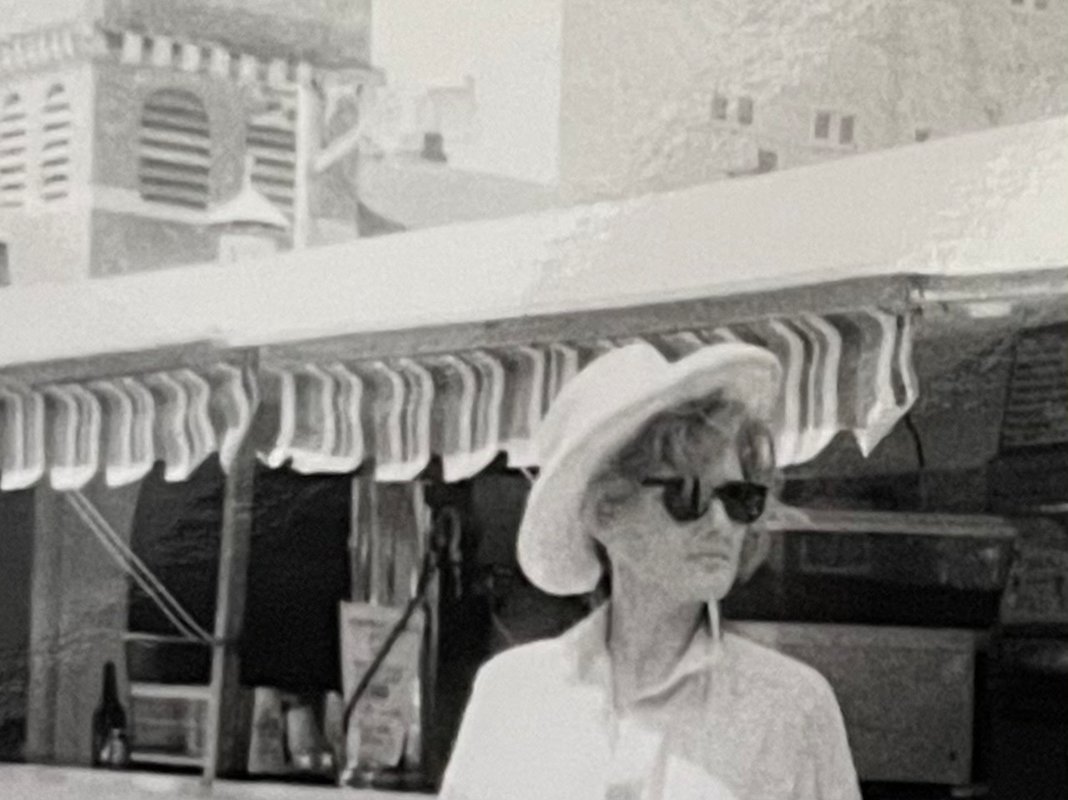
Photo: Scribble
In making her own music, she wanted to capture the feelings associated with her interior life and express them in a signature style - that of a singer who didn’t have the greatest voice in the world but could sing their songs like no one else did. As she puts it, “It was really important to me to be able to go out on a limb and be a different figure on the landscape for other young women who had never seen someone like that in the pop world.” With time - and assistance from Todd and a rotating cast of session musicians - Johanna refined her intimate demos, and Scribble was born.
At the same time, Johanna was screenwriting for television with her old XL Capris bandmate Tim Gooding. In 1983, they created Sweet and Sour - a twenty episode show about a fictional band trying to break into the Sydney music scene - for the Australian Broadcasting Corporation. “It wasn’t too hard to write about the trials and tribulations and laughs of a young band because we’d been through it,” she writes. “Later in life, I ran into lots of people who loved that show when they were kids or teenagers.”
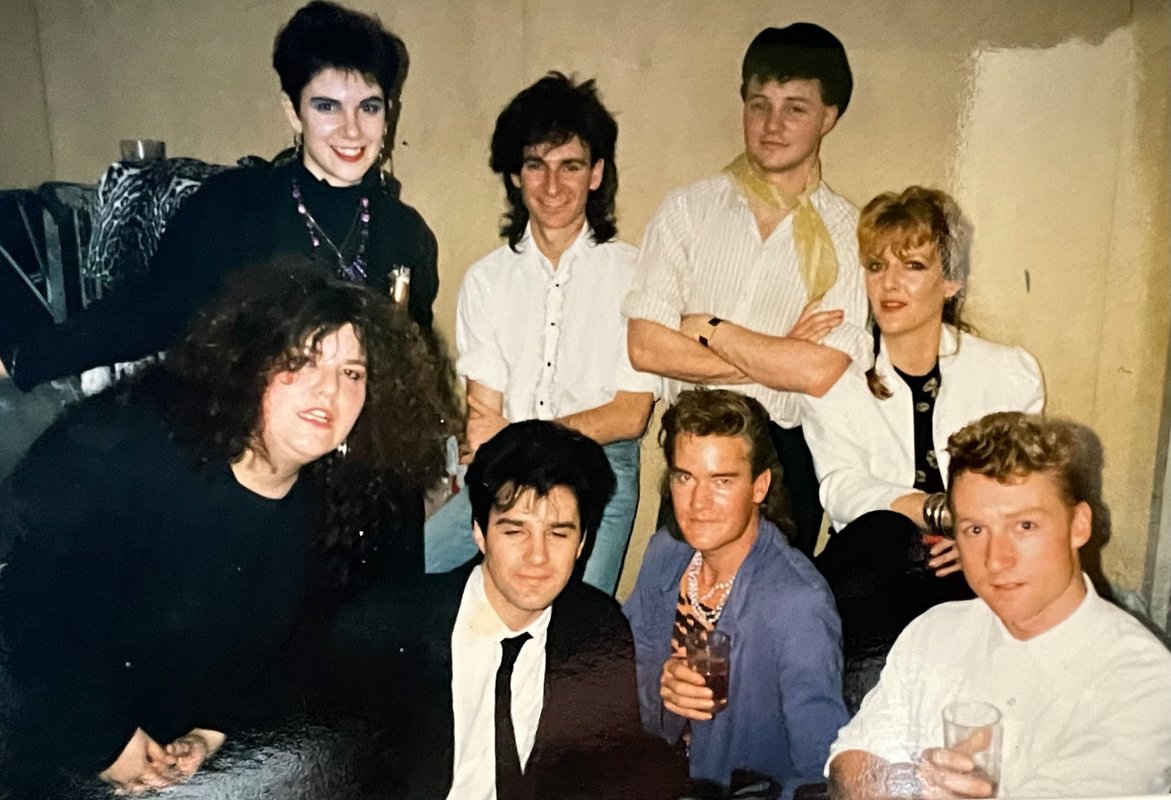
Photo: Scribble
After years of touring, Johanna loved the invisibility and calm of working as a songwriter and screenwriter. Still, when the Australian independent label Regular Records expressed interest in her Scribble material, it felt like a good idea. Near the end of the year, they released Scribble’s self-titled debut album and their first single, ‘Silly Girl’. The album reviewed well, but looking back on it, Johanna feels her work was out of step with the times. “It was the era of pub rock - Midnight Oil, Divinyls, Mental As Anything, The Reels, Do Re Me, Icehouse,” she reflects. “I wanted to be obtuse, non-sexual and non touring! I guess I thought Scribble should break ground, but I had no model to follow.”
It was the era of pub rock - Midnight Oil, Divinyls, Mental As Anything, The Reels, Do Re Me, Icehouse. I wanted to be obtuse, non-sexual and non touring! I guess I thought Scribble should break ground, but I had no model to follow.
Over the next few years, Regular Records released several more singles from Scribble, a compilation titled So Far, and their second album, 1986’s Pop Art. Radio play often eluded her Scribble work, but the records reviewed well, and she started to feel the call of the stage again. “The [band] lineup changed according to who was available [to play],” Johanna remembers. “They were lovely, non-rock people and incredible players… I was really lucky to have them on board.” For Johanna, the Scribble live band was the antidote to the negative aspects of her earlier punk experiences. “It was not chaotic, really respectful and restored my faith in playing live,” she writes.
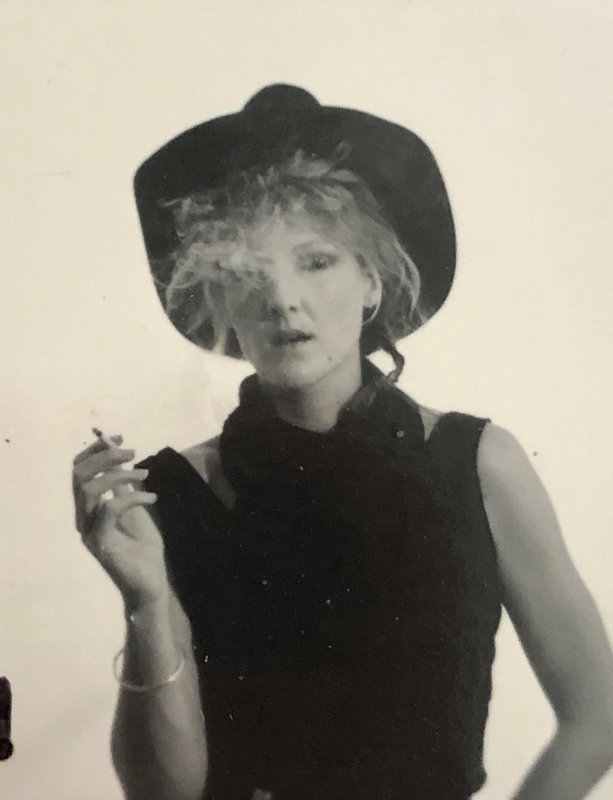
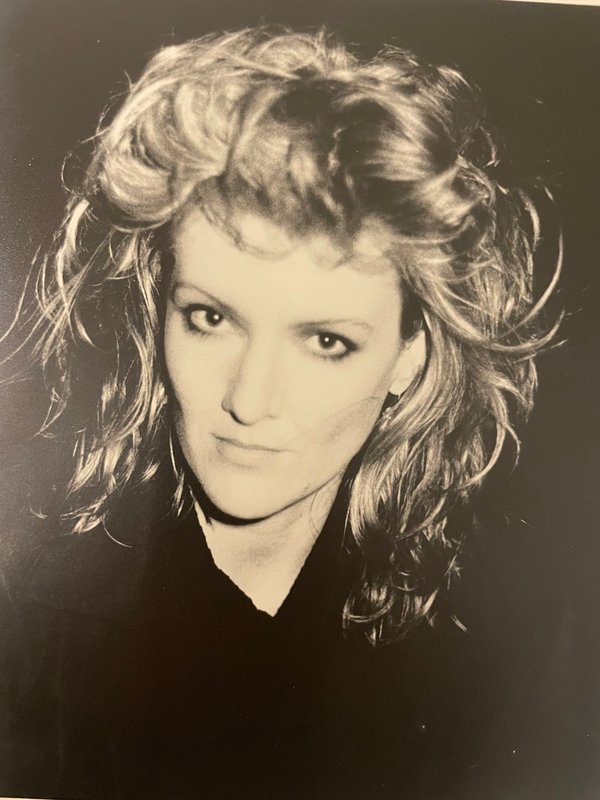
Photos: Scribble
Unfortunately, playing live wasn’t enough to take Scribble to the next level, and with limited budgets, the project started to feel like a lot of work for little return. In 1987, Johanna called time on Scribble. “People used to snipe at me about my reticence like I should be more ambitious,” she explains. “I was ambitious, but not to be a frontman or conspicuous singer.” Instead, Johanna’s ambitions hung around songwriting.
In 1988, Johanna and Todd co-wrote a number one hit for the legendary Australian pop-rock singer John Farnham, ‘Age of Reason’. Two years later, they wrote ‘Only You’ for the country singer Keith Urban. “I was really happy and really fortunate to achieve success invisibly as a songwriter,” she writes. Johanna and Todd also co-wrote music for the 90s Australian teen TV series Heartbreak High and continued to write songs for Dragon. Between projects, she guested on songs from solo acts and groups like Genni Kane and Rockmelons before eventually, as she puts it, “consciously separating” from the music business and raising three sons.
In the three and a half decades since Johanna recorded Scribble’s final album Pop Art, her music has quietly and calmly garnered a cult reputation with musicians, record collectors and DJs around the globe. Ben Stevens, the founder of Strangelove Music, discovered Scribble through a recommendation from the Auckland multi-instrumentalist and producer Jeremy Toy. After Stevens heard Scribble’s blissful cover of ‘Mother of Pearl’ by Roxy Music, he contacted Johanna about reissuing her music.
Scribble was the cloak I surrounded myself in and the vehicle for collaboration with many very talented people. The list is long, and the fact the music is still out there is amazing.
Johanna has no real recollection of why she recorded the cover. However, through reflecting on the music she made in the eighties, she’s come to some realisations. “The most interesting thing is that I realise how fortunate I was to have the opportunity,” she writes. “At the time you don’t realise it, life motors along, but I was really grateful to have had the people who came along with me, that believed in me, that respected me, that gave me a record contract, that worked as collaborators, musicians, publicists, promoters. I’m grateful that there were people out there who listened to the music and liked it. I was a lucky hapless weirdo. Scribble was the cloak I surrounded myself in and the vehicle for collaboration with many very talented people. The list is long, and the fact the music is still out there is amazing.”
Selected Works 1983-1986 is out now in LP and digital formats through Strangelove (order here),
Photography provided by Johanna Pigott.

